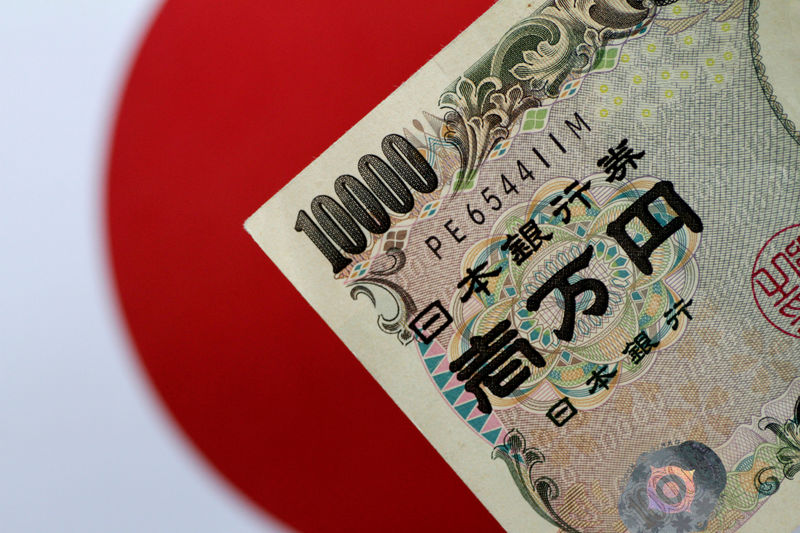Investing.com — Most Asian currencies weakened Monday, with the Japanese yen falling to a three-month low, amid bets that the loss of a parliamentary majority for Japan’s ruling party raises the prospect of higher interest rates in the country shrunk.
Risk appetite was boosted by Israel launching a less severe attack on Iran than traders feared, with oil prices falling sharply on the idea.
But this translated into limited gains for the regional currency as growing expectations of smaller US interest rate cuts kept traders favoring the dollar. The dollar rose to its highest point in almost three months on Monday.
Anticipation of some major economic developments this week – from Asia and the US – continued to keep overall risk appetite subdued.
Japanese Yen Weakens, USDJPY Rises After Disrupted Elections
The Japanese yen was Asia’s worst performer on Monday, rising 0.9% to 153.68 yen, its highest level since late July.
The yen was battered by local media reports showing that a coalition led by Japan’s ruling Liberal Democratic Party failed to win a majority in Sunday’s parliamentary elections.
The LDP will now have to seek coalitions with smaller regional parties to retain power – a scenario that presents more fractured political prospects for Japan.
Traders are betting that increased political uncertainty will prevent the Bank of Japan from raising rates further – a scenario that does not bode well for the yen.
The BOJ will keep rates unchanged, and is widely expected, after two rate hikes earlier in 2024. Recent economic data also shows that Japanese private spending has risen and inflation is cooling after a rebound earlier this year.
Strong dollar, Asian currency falls with econ. data on tap
Broader Asian currencies mainly weakened, with the dollar rising to a nearly three-month high this week ahead of a series of key economic data.
The and both added 0.3%. The US, third quarter figures and the numbers – the Federal Reserve’s favorite inflation gauge – are due later this week.
On Asian markets, the Chinese yuan rose 0.2% to its highest point in more than two months. Chinese x-data is due later this week and is expected to reflect some of the effects of the barrage of stimulus measures that Beijing has rolled out over the past month.
The Australian dollar pair fell 0.3%, focusing on upcoming third-quarter consumer inflation data. The South Korean won pair was flat, while the Singapore dollar pair rose 0.3%.
The Indian rupee pair was flat and remained near record highs above 84 rupees.


